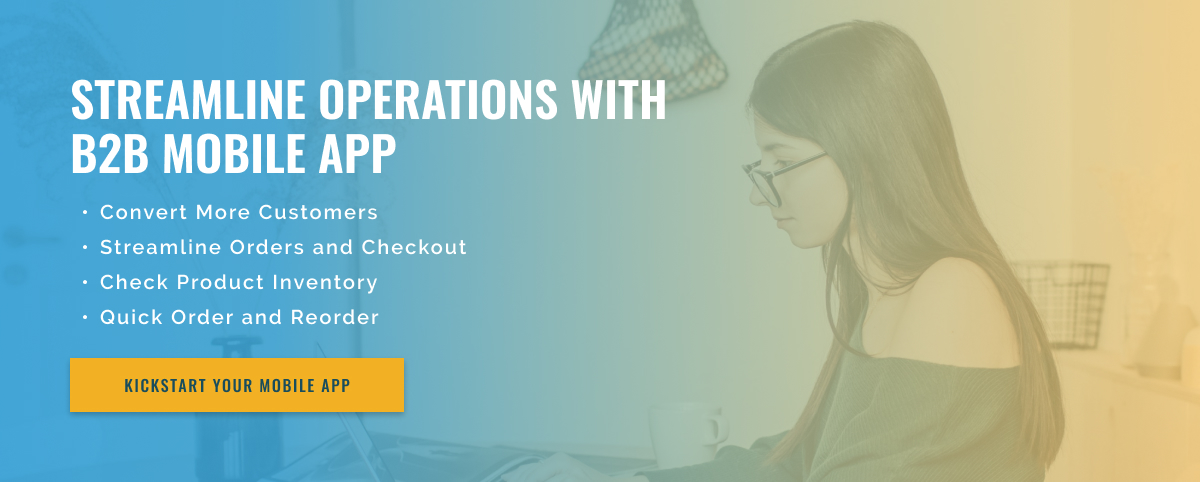3 minute read
Overcoming Integration Challenges for B2B Mobile Apps
B2B mobile apps have revolutionized the way businesses work, allowing them to streamline their operations and increase efficiency. However, along with the endless possibilities that these applications offer, there are also challenges that we must address. One of the biggest integration challenges for B2B mobile apps is the lack of compatibility with existing systems.
Many businesses still rely on outdated systems and software that may not be compatible with new mobile technology. This can be difficult when trying to integrate the mobile app into existing infrastructure, causing delays and potential errors.
Another challenge for B2B mobile apps is the variety of devices and operating systems used by different companies. Unlike B2C applications, whose target audience is usually the general public, B2B applications must be adapted to the specific needs and preferences of each business. This makes it difficult for developers to create a single solution that integrates seamlessly with all devices and systems.
Additionally, security is a major concern for B2B mobile apps, especially since they handle sensitive business data. Integrating the app with existing security protocols can be challenging, as the app must be secure enough to protect data from potential breaches. Companies must ensure that the application meets all security standards before deployment, which can be a time-consuming process.
The lack of standardization in B2B mobile apps is also a challenge for integration. Unlike B2C apps, there are no set standards for B2B apps as different companies may have different requirements. This can make it difficult for developers to create an application that is compatible with all business processes and systems.
Finally, B2B mobile apps face the challenge of data synchronization. Since businesses rely on real-time data to make decisions, it is important that application data is up-to-date and synchronized with existing systems. Delays or inconsistencies in data can hinder the decision-making process, which can have a significant impact on the business.
In short, B2B mobile apps offer great potential for businesses, but they also present a host of integration challenges. These challenges not only impact the development process, but can also affect the overall success and adoption of the app. To overcome these challenges, companies must carefully plan and strategize the integration process and hire experienced developers who can help create an effective and seamless solution.

